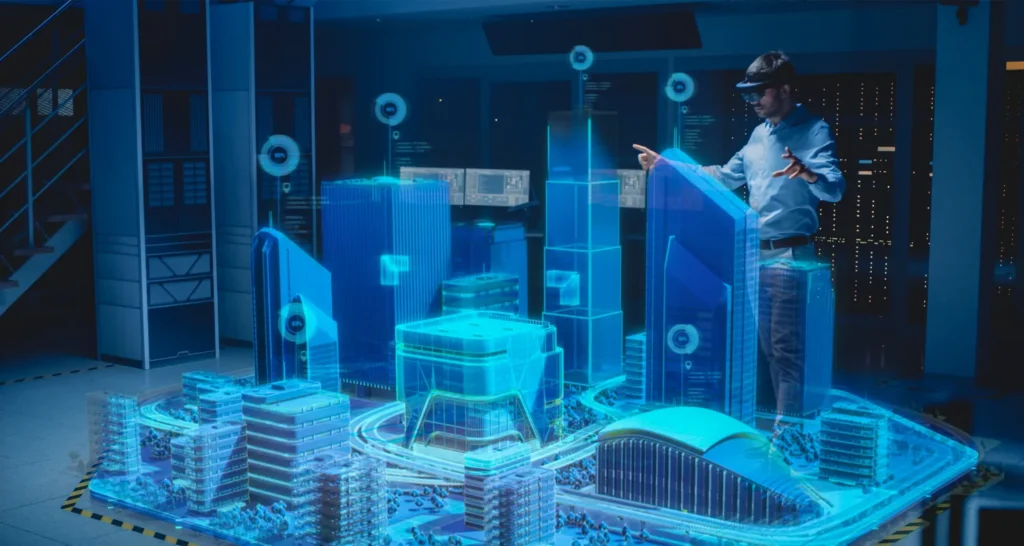Information and Communications Technology (ICT) refers to the integration of telecommunications, computers, and associated enterprise software, middleware, storage, and audio-visual systems that enable users to access, store, transmit and manipulate info Infrastructure refers to the fundamental facilities and systems serving a city, country, or other areas including the services and facilities necessary for its economy to function.
Information and Communication Technology, or “ICT,” includes products that store, process, transmit, convert, duplicate, or receive electronic information like electronic textbooks, instructional software, email, chat, and distance learning programs are also examples of ICT.
One of the main aims of ICT is to help students become competent and confident users who can use the basic knowledge and skills acquired to assist them in their daily lives. It is also supposed to prepare students for the world of tomorrow. It aims to help learners to have an open and flexible mind.
10+ Advantages of ICT solutions
- Enhanced the modes of communication.
- Cost-efficient.
- Paperless: Eliminate the usage of paper.
- Better teaching and learning methods.
- Enhanced data and information security.
- Minimize cost and save time.
- Easy student management.
- Automated solutions to manual paper-based processes and procedures.













